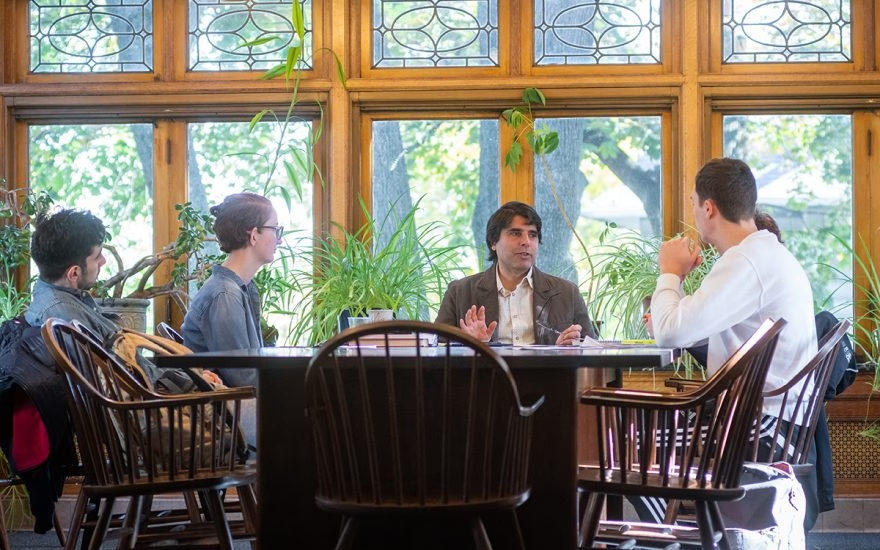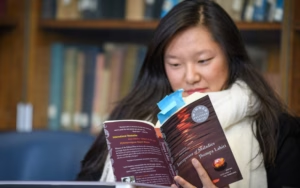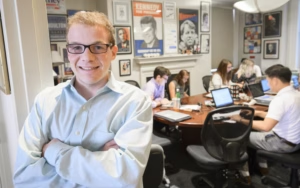The philosophy major at Clark explores the fundamental questions of life, knowledge, and right and wrong. Think beyond the easy assumptions and hidden biases. Reveal truth. Investigate and logically evaluate arguments, and understand the basis for morality.

Request information
Sign up to receive information on academics, student life, and the undergraduate admissions process.
Loading…
Related programs
Be a force for change.
Come study at a small research university with a strong liberal arts core.




